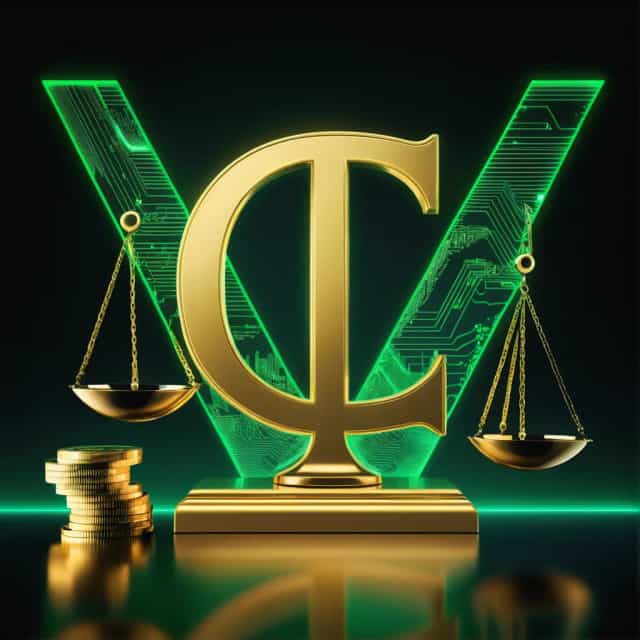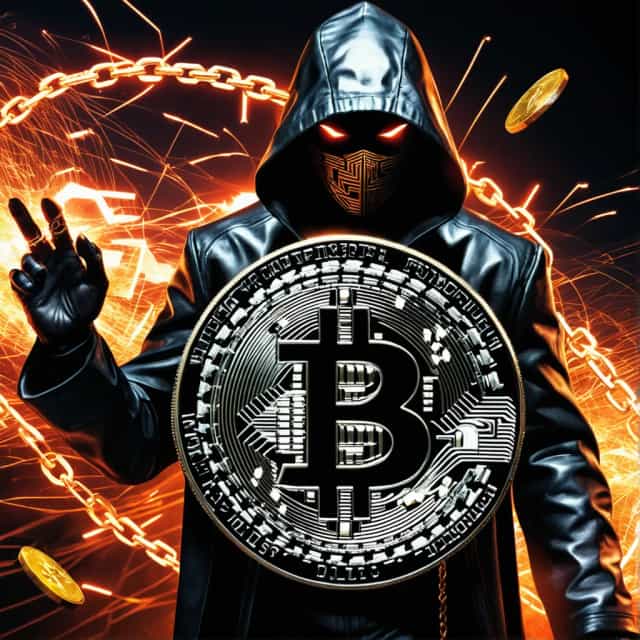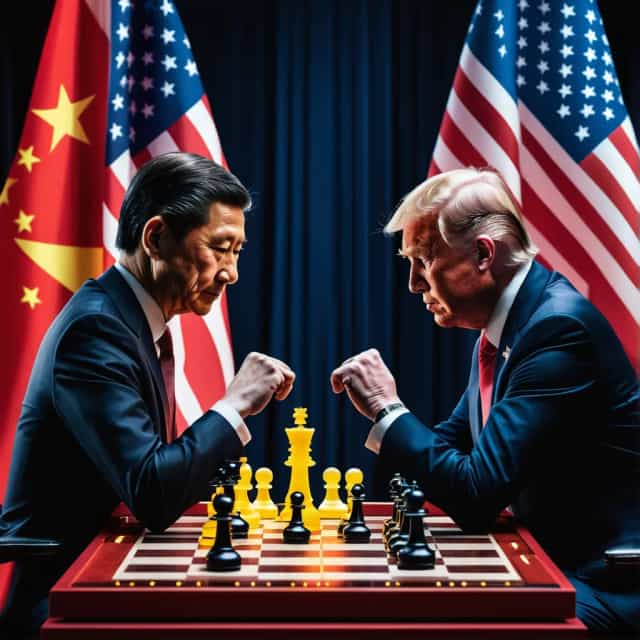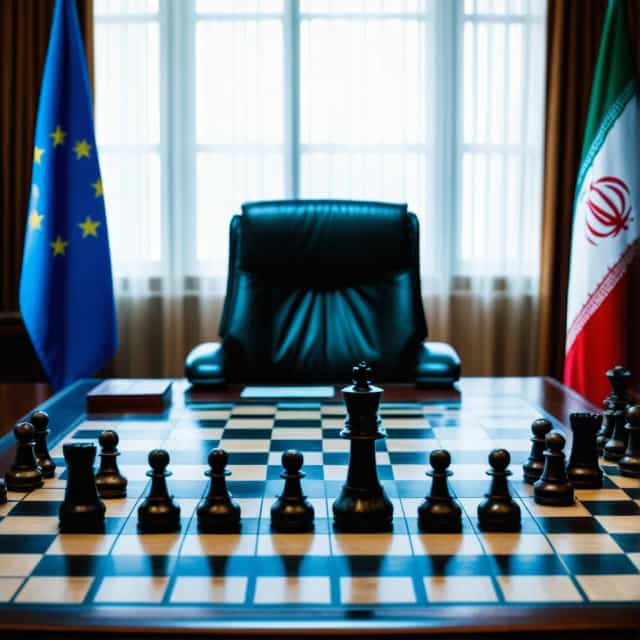
출처: Block Media
U.S. and China Agree on TikTok Framework Amid National Security Debate
The United States and China have reportedly reached a foundational agreement concerning the ongoing controversy around TikTok, the popular video-sharing app owned by Chinese company ByteDance. This development addresses mounting national security concerns tied to the app's operations within the U.S. According to reports from Yahoo Finance, former President Donald Trump announced via Truth Social on September 16 that a preliminary deal has been established regarding TikTok’s future under the stewardship of a “specific” company favored by younger audiences.
At the same time, U.S. Treasury Secretary Scott Vesente confirmed that discussions between the two nations are nearing a finalized framework. However, he emphasized that the Chinese side insists on preserving certain "cultural elements" within the app, which represents a sticking point in negotiations. These developments come amid critical legal and executive deadlines set by the U.S. government regarding ByteDance's ownership of TikTok.
TikTok is under immense pressure to divest a majority stake by September 17 or face the possibility of suspension within U.S. markets. Although President Trump has extended these deadlines several times, the situation remains precarious. Failure to meet this deadline could result in TikTok halting its operations in the U.S., jeopardizing its large user base and influence.
Oracle Emerges as the Front-Runner
Within industry circles, Oracle has emerged as the likely buyer of TikTok’s U.S. operations, reinforcing its position as the leading bidder in the ongoing negotiations. Following rumors of the framework agreement, Oracle’s stock witnessed a sharp upswing, climbing over three percent. As per the initial proposal under the U.S. government’s divestment rules, ByteDance will be allowed to retain up to a 20% minority stake in TikTok, ensuring that the majority ownership transitions into U.S. hands.
The situation surrounding TikTok stems from concerns raised during President Trump’s first term, which spilled into his administration’s second term. Since the controversy’s inception, Trump has openly classified TikTok as a national security risk, citing concerns over its data-sharing practices with China. Similarly, former President Joe Biden maintained the momentum on this issue, garnering bipartisan support in Congress to move forward with efforts to restrict TikTok’s activities within the country.
Evolving Sentiment as TikTok Gains Popularity
While President Trump initially adopted a strictly hardline approach against TikTok, his stance on the app shifted as public engagement with the platform and his personal support among younger users grew. At one point, TikTok’s operations were briefly halted during the transitional period between President Biden and President Trump. However, TikTok soon resumed its services, and previous formal restrictions were eventually rescinded without enforcement.
This shift in tone highlights the app’s increasing popularity among U.S. users and the growing importance of TikTok in shaping public narratives and cultural trends. The platform’s popularity cannot be ignored, even as national security concerns continue to dominate discussions at the policymaking level.
TikTok as a Strategic Asset in U.S.-China Relations
The fierce bidding war for TikTok has drawn interest from several cash-rich corporations, signaling its strategic value in global business and diplomacy. Alongside its commercial significance, TikTok has become emblematic of broader political tensions between the U.S. and China, standing alongside key trade topics such as semiconductor giant Nvidia. The app has evolved into a pivotal touchpoint in discussions about technological sovereignty and economic competition between the two superpowers.
This week’s upcoming European summit is anticipated to bring former President Trump and Chinese President Xi Jinping into direct discussions. TikTok’s future will likely be a central topic during the meeting, alongside deliberations on broader bilateral trade agreements between the nations. Such high-profile talks underscore how deeply technology-related issues are embedded in U.S.-China relations.
The Geopolitical Ripple Effect
TikTok’s evolving narrative is a reflection of larger geopolitical dynamics, particularly regarding the intersection of technology, national security, and diplomacy. Amid intensifying competition for technological dominance worldwide, the resolution of this situation will undoubtedly establish a critical precedent for how governments approach social media platforms owned by foreign companies.
With TikTok’s fate hanging in the balance, the decisions made over the coming days are poised to influence not only the future of social media governance but also the overall balance of power within global technology markets. The implications extend far beyond the app itself, touching on issues of privacy, data security, and international competition in the digital age.
For continued updates on this story, subscribe to Block Media on Google News or follow its Telegram channel.










